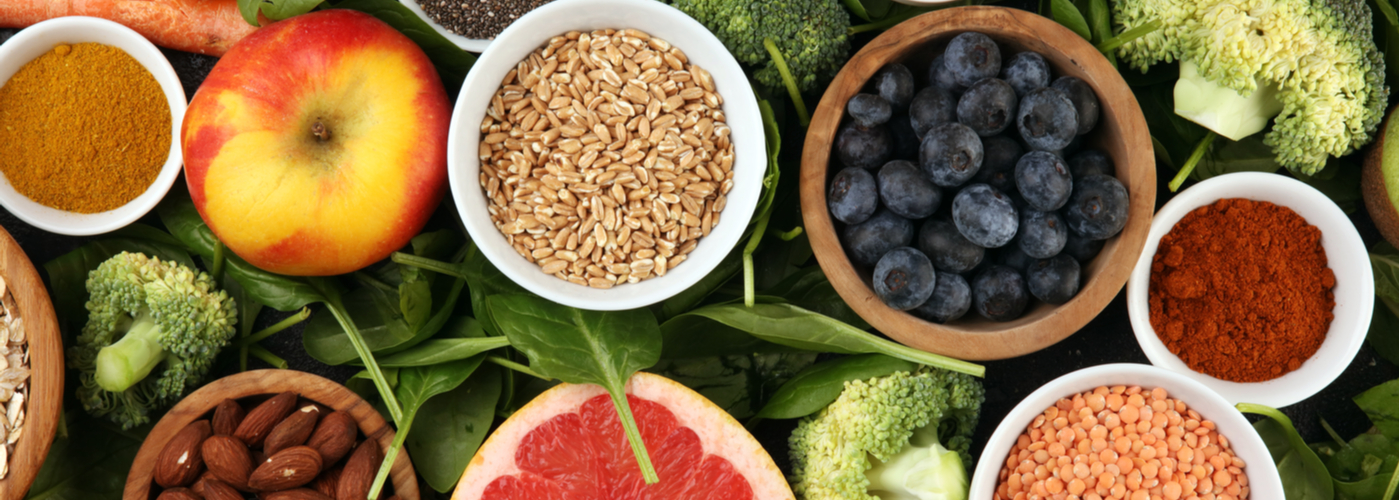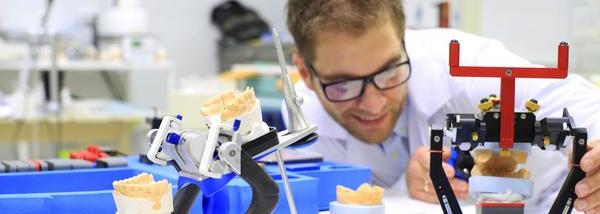Breast cancer is one of the most common types of cancer and the leading cause of death in women. It occurs in breast cells either in the lobules or the ducts of the breast.
Several risk factors are beyond your control including genetic, environment, age or family history. But there are some others, such as diet than can decrease the risk of developing breast cancer.

Let’s have a look at the habits or diet we could modify to decrease the risk of developing breast cancer.
1. Soy
According to recent research, the risk of breast cancer is lower in women who regularly eat soy. Soy is a rich source of protein, containing essential amino acids that your body needs to make protein. Soy products including tofu, soymilk, miso, tempeh, edamame have enormous amounts of fibre, magnesium, potassium, zinc, B Vitamins, iron, calcium and isoflavones which can possibly decrease the risk of malignancy.
Soy-based foods have chemicals called phytoestrogens which have structural similarities with estrogen. They work as selective estrogen receptor modulators in your body, reducing the risk of breast cancer and at the same time protect bones from demineralization. Researchers found that the number of phytoestrogens found in a single cup of soymilk may reduce the risk of breast cancer returning by 25%1.
The beneficence was observed for both estrogen-receptor-positive breast cancer and estrogen-receptor negative breast cancer women.
2. Maintain a healthy weight
overweight or obese women are at greater risk for breast cancer. Studies have shown that there is a 20% to 40% increase in the risk of developing breast cancer among postmenopausal obese women compared with normal-weight women2.
It is important to maintain a healthy weight through exercise and a diet rich in vegetables, whole grains, chicken, and fish. Being overweight also can increase the risk of recurrent breast cancer.
According to the National Cancer Institute, exercising for four or more hours a week may also decrease hormone levels and help lower breast cancer risk.
3. Low fat plant-based diet
Vegetables are rich in antioxidants, fibres, certain minerals, vitamins and phytochemicals. Choose at least 6-9 servings from a variety of fruits and vegetables daily along with whole grains. For example in one serving include 1 cup of leafy greens, a half-cup raw vegetables with same portion fruits and some dry fruits (nuts). The antioxidants boost your immune system and prevent the risk of cancer3.
Cruciferous vegetables such as broccoli, cauliflower, Brussels sprouts and cabbage contain glucosinolates that have cancer-fighting properties. Moreover, dark, leafy green vegetables have potent anticancer properties. Carotenoids is another important nutrient for fighting free radicals that lead to malignancy. It is high in vitamin A and beta carotene, found in many red, orange, dark green, and yellow fruits and vegetables.
Apigenin, a naturally occurring bioactive flavonoid, is found in commonly used fruits, vegetables, and herbs (parsley, celery, spinach, coriander, rosemary). According to a study published in 2010, it has anti-inflammatory, antioxidant and anticancer properties. Apigenin may inhibit the growth of breast cancer cells, including HER2 breast cancer cells4.
4. Limit dietary fats
Fat consumption is not only associated with cancer but a high degree of saturated fats also leads to other health hazards such as myocardial infarction, vascular diseases, diabetes and most commonly hypertension. Further, a high-fat diet causes high levels of estrogen production that can increase the risk of estrogen-receptor-positive breast cancer.
A study conducted in 2014 showed that a low-fat diet reduced the risk of recurrence of breast cancer by 23% and the death rate due to breast cancer by 17%5.
On the contrary, good fats are important for our body and brain functioning. Include healthful fats to your diets such as olive oil, avocado, nuts, seeds, ground flaxseeds and Fatty fish (like salmon, mackerel, sardines, and arctic char). Salmon contains a healthful polyunsaturated fat called omega-3. Eating more unsaturated fat than saturated and trans fats can reduce your risk of breast cancer and improve good (HDL) cholesterol levels.
Other tips to consider
– Cut down on sugar and refined carbs. Avoid alcohol consumption, soft drinks, sweetened cereals, white bread, pasta and processed foods.
– Limit processed and red meat. Bacon, sausages, hotdogs and pepperoni can increase the risk of carcinogen production in your body.
– Dietary mushroom intake can greatly lower the risk. Research evidence shows that mushrooms contain naturally occurring chemicals that inhibit an enzyme known as aromatase that may have a role in the prevention or treatment of breast cancer6.
– Green tea contains catechins, a flavonoid that may reduce the risk of breast cancer.
You are what you eat, our eating habits strongly influence our health. Make healthy choices and a healthful diet plan that is rich in fruits and vegetables and low in saturated fat and prevents breast cancer.
[1] “Soy.” NutritionFacts.org. Accessed april 29, 2020.
[2] Renehan, Andrew G., Margaret Tyson, Matthias Egger, Richard F. Heller, and Marcel Zwahlen. “Body-mass Index and Incidence of Cancer: A Systematic Review and Meta-analysis of Prospective Observational Studies.” Lancet (London, England). February 16, 2008. Accessed april 29, 2020.
[3] Cancer Health “A Low-Fat, Plant-Based Diet Cuts the Risk of Dying of Breast Cancer.” Cancer Health. May 30, 2019. Accessed april 29, 2020.
[4] Shukla, Sanjeev, and Sanjay Gupta. “Apigenin: A Promising Molecule for Cancer Prevention.” Pharmaceutical Research. June 2010. Accessed april 29, 2020.
[5] Xing, Mei-Yuan, Su-Zhen Xu, and Peng Shen. “Effect of Low-fat Diet on Breast Cancer Survival: A Meta-analysis.” Asian Pacific Journal of Cancer Prevention : APJCP. 2014. Accessed april 29, 2020.
[6] Bankhead, Charles. “Mushrooms May Play Role in Breast Cancer Prevention and Treatment.” WebMD. December 10, 1999. Accessed april 29, 2020.


